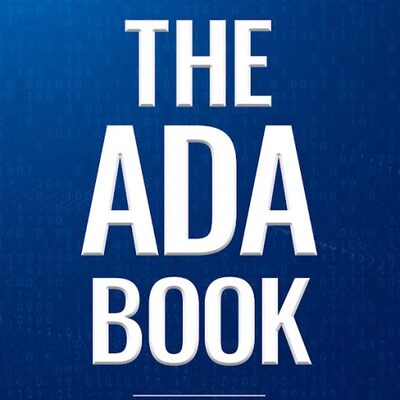On April 24, 2024, the Department of Justice issued a historic rule requiring digital accessibility for all state and local government entities. Although this rule received light coverage in the media, it will forever alter the digital product marketplace.
“This is a game-changer,” said Kris Rivenburgh, founder of Accessible.org. “This will directly impact commerce not only in the United States, but globally.”
In effect, Title II of the ADA now requires all U.S. public entities – including schools, parks, law enforcement, courts, and transit systems – to make their websites, web content, and mobile apps WCAG 2.1 AA conformant.
This means that these entities will require the learning management systems (LMS), platforms, portals, software, apps, integrations, and content they purchase and rely upon to be WCAG 2.1 AA conformant. They’re not just going to accept a future promise to look into accessibility from product vendors; they’re going to demand a VPAT(R).
VPAT stands for Voluntary Product Accessibility Template, and it is a template used to account for the accessibility of a product against an accessibility standard. Once filled in, the VPAT becomes an Accessibility Conformance Report (ACR).
The terms VPAT and ACR are used interchangeably in the marketplace, but regardless of the term used, accessibility is fast becoming essential to product viability.
“If your product isn’t accessible and you don’t have documentation of accessibility, you’re not going to have a chance,” Rivenburgh said.
The process of making a digital product accessible involves three phases: 1) audit, 2) remediation, and 3) a re-audit and secondary remediation. Another highly recommended addition to the process is user testing. During user testing, a professional with one or more disabilities tests a digital asset, often using assistive technology.
To adapt to new requirements, digital product vendors must embrace accessibility. One important change is to implement WCAG 2.1 AA into the product development, design, and creation process. By training digital teams on WCAG 2.1 AA, product sellers can develop proficiency and even expertise in-house, significantly reducing the costs of outsourcing accessibility over time.
Rivenburgh’s course, the WCAG Course, provides the exact training needed to understand the WCAG 2.1 AA success criteria or requirements.
Additionally, Accessible.org offers audit, remediation, consultation, and user testing services to support digital teams and ensure WCAG 2.1 AA conformance.
Notice: VPAT(R) is a registered trademark of the Information Technology Industry Council.
Media Contact

Name
The ADA Book
Contact name
Kris Rivenburgh
Contact address
2131 N. Collins, Suite 433
City
Arlington
State
Texas
Zip
76011
Country
United States
Url
https://adabook.com/
COMTEX_452794472/2737/2024-05-23T12:30:15
Disclaimer: The views, suggestions, and opinions expressed here are the sole responsibility of the experts. No Biz Power News journalist was involved in the writing and production of this article.
